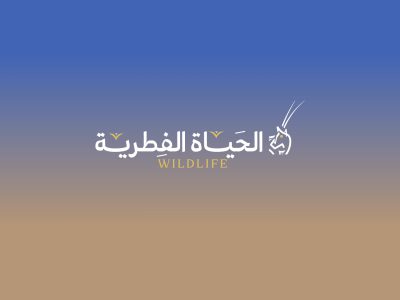Hunting laws in Saudi Arabia are deeply rooted in the Kingdom’s cultural traditions.
These regulations, derived from Islamic teachings, reflect a profound respect for nature and its resources. Civil enforcement mechanisms ensure that hunting is carried out responsibly, with an emphasis on conservation and the protection of endangered species.
Saudi Arabia plays a significant role in global biodiversity conservation, actively participating in the protection of 5,600 species of fauna and 30,000 species of flora.
This commitment underscores the Kingdom’s dedication to both national and international conservation efforts.
Saudi Arabia’s Rich Biodiversity
Despite its harsh climate and challenging geography, Saudi Arabia boasts a remarkable diversity of ecosystems. These range from sprawling deserts and highlands to wetlands and forests. The Kingdom’s coastal waters are home to vibrant coral reefs, enhancing its ecological diversity. However, factors like deforestation, overgrazing, and poaching have led to habitat destruction and increased pollution. Many species now face extinction, and urgent conservation efforts are necessary.
Hunting: From Survival to Hobby
Hunting has long been part of human survival, but today it has evolved into a popular hobby, both locally and globally. For many enthusiasts, the hunting season is eagerly anticipated, with vacations planned around the hunt. The time spent in nature, pursuing game, is considered one of the most enjoyable experiences, deeply rooted in tradition and heritage.
Proper Hunting Etiquette
In Saudi Arabia, hunting is governed by a set of rules designed to preserve biodiversity and ensure responsible practices. These regulations not only support wildlife conservation but also benefit the economy and tourism. Central to Islamic teachings is the rule that hunting should be done out of necessity and with respect for the environment. Hunters are required to pronounce the name of Allah during the act, and there are strict prohibitions on hunting during certain religious times, such as while in ihram (pilgrimage) or near religious sanctuaries.
Saudi Vision 2030 and Environmental Regulations
As part of Saudi Arabia’s Vision 2030, the National Environment Strategy was launched to strengthen environmental efforts. In July 2020, new Environmental Regulations were introduced under Royal Decree No. (M/165). These regulations, which include comprehensive hunting laws, are key to preserving Saudi Arabia’s wildlife and natural heritage. The regulations also established five specialist environmental centers, including National Center for Wildlife (NCW), tasked with overseeing wildlife conservation efforts.

Hunting Regulations and Prohibited Species
Hunting certain endangered species, such as the Arabian leopard, hyena, and Arabian wolf, is strictly prohibited year-round. Hunting is only allowed for certain species under specific regulations, which detail the approved tools, locations, and times for hunting. All hunting must be conducted with the proper permits, which are issued through the FITRI platform, a dedicated wildlife service under NCW.
Fines and Penalties
Saudi Arabia enforces strict penalties for hunting violations. Fines for offenses like hunting without a permit, using unauthorized tools, or targeting prohibited species can range from SR 10,000 to SR 100,000. Private hunting grounds are also subject to regulations, and violations can result in fines as high as SR 1,000,000, depending on the severity.
International Cooperation
The Kingdom is a member of the Convention on International Trade in Endangered Species of Wild Fauna and Flora (CITES), an agreement regulating or banning the international trade of species at risk of extinction. Saudi Arabia has been a member since 1996, working with 180 other countries to protect and conserve biodiversity globally.
Conclusion
Saudi Arabia’s approach to hunting reflects a delicate balance between cultural heritage and conservation. With robust laws in place and international cooperation through agreements like CITES, the Kingdom is actively working to preserve its rich biodiversity. Under Vision 2030, initiatives such as the National Environment Strategy ensure that future generations will inherit a thriving and sustainable natural environment.





